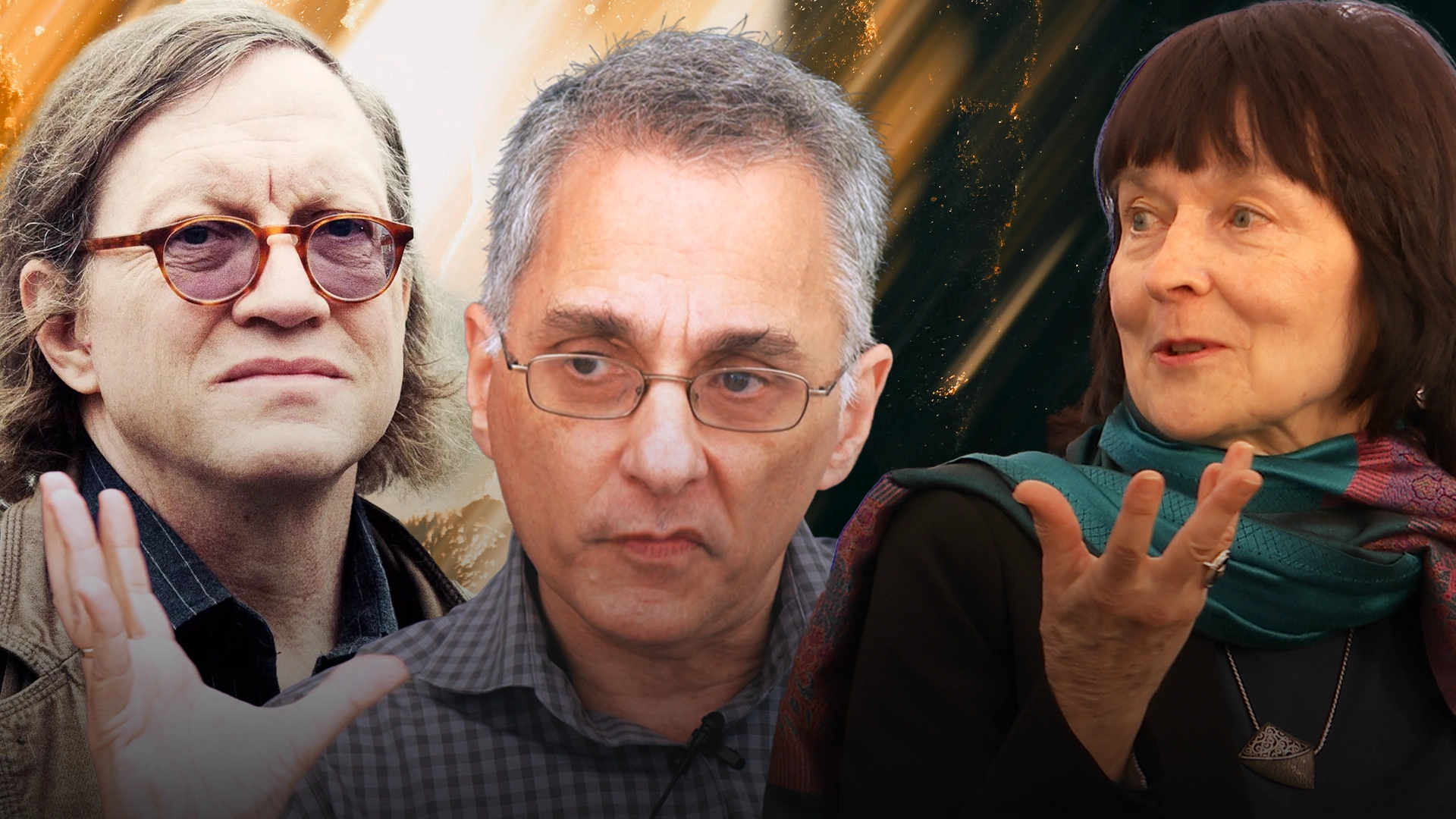Without philosophical thought, Einstein claimed he “would have contributed nothing to science.” And yet, modern science popularizers like Neil deGrasse Tyson dismiss philosophy as largely irrelevant to scientific inquiry. In this article, philosopher and biologist Massimo Pigliucci sides with Einstein and argues for the importance of philosophy in making true scientific progress. Pigliucci shows how Einstein’s sophisticated philosophy, which transcended the rationalism-empiricism dichotomy, allowed him to break free of existing paradigms to revolutionize physics.
When Einstein gazed at the universe, he didn’t just see equations floating in abstract space. He saw a reality that existed independently of human thought, yet one that could be grasped through a delicate dance between reason and experience. In 1934, he crystallized this approach with remarkable clarity: “Experience is the alpha and omega of all our knowledge of reality.”
This deceptively simple statement encapsulates a profound revolution in how we understand knowledge—one that continues to reverberate across science and philosophy today. But what exactly did Einstein mean, and why does it matter?
Einstein stands as perhaps the most transformative scientific mind of the modern era, yet his contributions to epistemology—the philosophical study of knowledge—remain underappreciated outside specialist circles. While contemporary physicists like Stephen Hawking and science popularizers like Neil deGrasse Tyson have dismissed philosophy as largely irrelevant to modern scientific inquiry, Einstein himself held the opposite view. He considered philosophical insight essential to genuine scientific progress and credited his own philosophical explorations with inspiring his theories that revolutionized physics.
What made Einstein exceptional wasn’t merely his mathematical brilliance or his imaginative thought experiments, but his deep appreciation for the intricate relationship between theoretical constructs and observable phenomena. Unlike many scientists who unreflectively adopt either a purely rationalist approach (privileging mathematical beauty and logical consistency) or a naive empiricism (treating observation as straightforward and theory-neutral), Einstein developed a sophisticated framework that acknowledged both the creative power of human reason and its necessary constraints in empirical reality.
At a time when public trust in scientific expertise faces unprecedented challenges—from climate change denial to anti-vaccine movements—Einstein’s nuanced understanding of scientific knowledge offers a valuable compass. His epistemology helps us navigate between the Scylla of uncritical scientism that dismisses legitimate questions concerning the practice of science and the Charybdis of radical skepticism that rejects scientific authority altogether. Einstein knew that scientific knowledge is neither absolute nor arbitrary, but rather a disciplined human endeavor to create conceptual systems that successfully coordinate with empirical evidence.
Let us explore this Einsteinian middle path between pure reason and raw experience—a path that begins with ancient philosophical debates but leads us to a distinctly modern understanding of knowledge and its limits.
The ancient battle: reason vs. experience
The history of human thought has been marked by an enduring tension between two approaches to knowledge: rationalism and empiricism. Rationalists, from Pythagoras to Descartes, argued that human reason is the primary driver of the discovery of truths about the world. Pythagoras believed numbers constituted reality’s fundamental nature—a position still attractive to some mathematicians today. The Eleatic school, led by Parmenides, distinguished between doxa (opinion based on appearances) and aletheia (truth accessed through rational inquiry), privileging the latter.
Plato, influenced by Pythagorean mathematics, allegedly inscribed “Let no one ignorant of geometry enter” at the gate of his Academy—reflecting his belief that philosophical truth required mathematical certainty. This insistence on grounding philosophy in mathematical rigor represents what I have called “Plato’s error.”






















Join the conversation